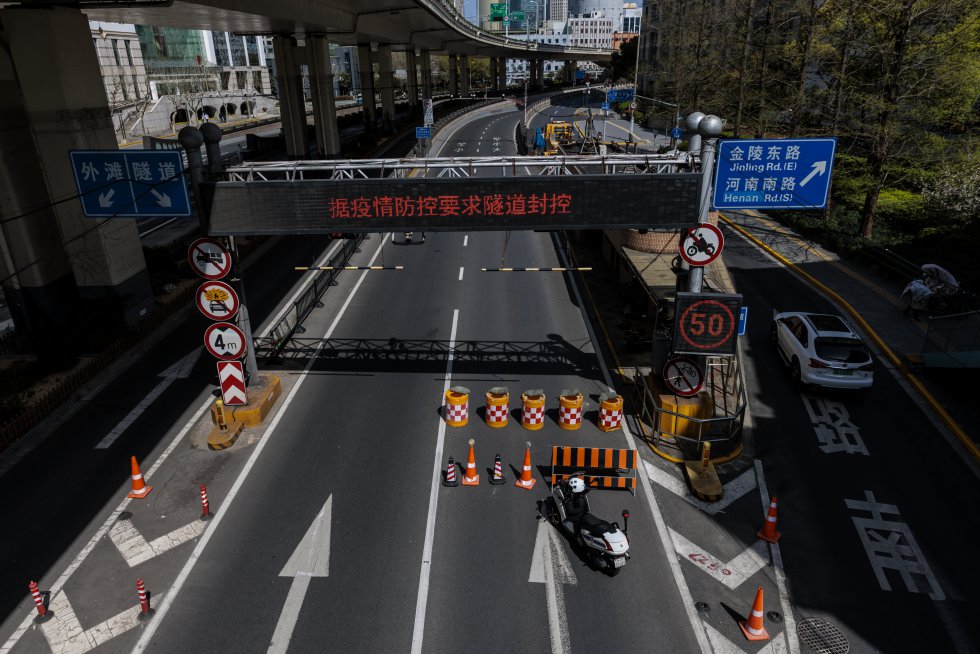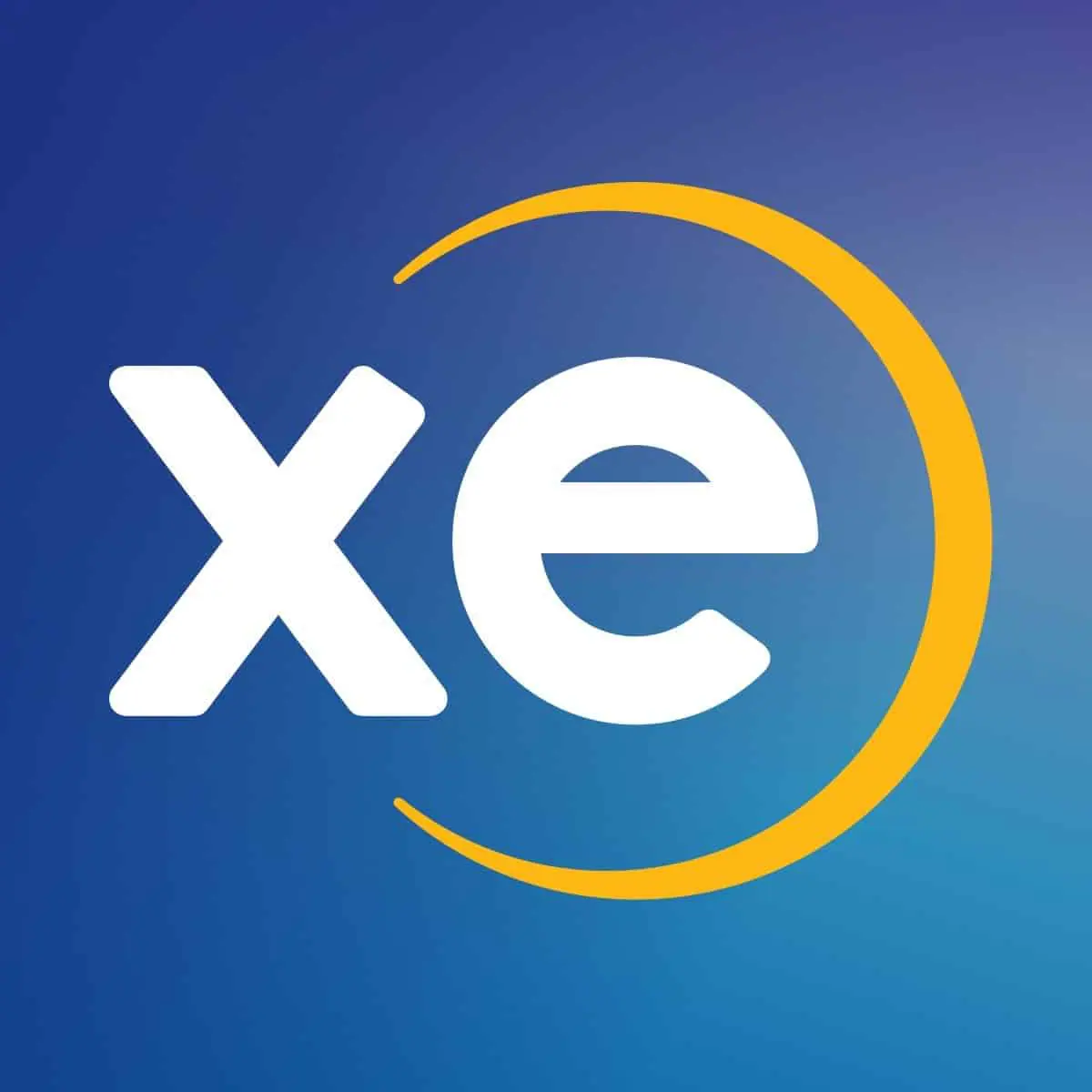- Joined
- Dec 31, 2007
- Posts
- 60,743
- Reaction score
- 14,524
- Points
- 113
For the past couple of years, the US Federal Government has been picking up a lot of the costs of the pandemic. First, they took on the cost of testing. Then they took on the cost of monoclonal antibody treatments. Then they picked up the cost of the vaccines.
Congress has let the funding expire. By April, if you do not have insurance, you will be expected to pay 100% of the cost of tests, treatments and vaccines.
The timing could not be worse. The FDA has just recommended a second booster for people over age 50 and for people who have certain immune conditions. For the people who qualify the second booster will be 4 or more months after your booster. This makes the schedule:
FDA authorizes second booster shots for adults age 50 and older [CNN]
Implications of the Lapse in Federal COVID-19 Funding on Access to COVID-19 Testing, Treatment, and Vaccines [KFF]
Congress has let the funding expire. By April, if you do not have insurance, you will be expected to pay 100% of the cost of tests, treatments and vaccines.
The timing could not be worse. The FDA has just recommended a second booster for people over age 50 and for people who have certain immune conditions. For the people who qualify the second booster will be 4 or more months after your booster. This makes the schedule:
- First prime
- Second prime - 21 to 28 days after the first prime
- Third dose - for immunocompromised people, 28 days after dose 2
- Booster - at least 5 months after the previous dose
- Second booster - at least 4 months after the booster
FDA authorizes second booster shots for adults age 50 and older [CNN]
The US Food and Drug Administration has expanded the emergency use authorization of the Pfizer and Moderna Covid-19 vaccines to allow adults age 50 and older to get a second booster as early as four months after their first booster dose of any Covid-19 vaccine.
The move extends the availability of additional boosters to healthy older adults. The FDA had previously allowed additional shots for anyone 12 years of age or older who was severely immune deficient. This group of people can now receive a three-dose primary series and two boosters -- a total of five doses.
Implications of the Lapse in Federal COVID-19 Funding on Access to COVID-19 Testing, Treatment, and Vaccines [KFF]
A current impasse in Congress threatens continued funding for COVID-19 testing, treatment, and vaccines. The White House asked Congress for an additional $22.5 billion to support domestic and global COVID-19 efforts. During the recent negotiations to fund the federal government for FY 2022, Congress reduced this amount to $15.6 billion and it was subsequently stripped from the final bill. Without additional resources, the White House has said that several programs will need to be discontinued, including the Health Resources and Services Administration (HRSA) COVID-19 Uninsured Program, established to reimburse health care providers for the costs of delivering COVID-19 testing and treatment services and administering vaccines to those who are uninsured. HRSA has announced that due to lack of funding, the program stopped accepting reimbursement claims for COVID-19 testing and treatment services on March 22, 2022 and will stop accepting claims for vaccine administration on April 5, 2022. In addition, the federal government has said it does not have funding to purchase additional COVID-19 tests, treatments, and vaccines once current supplies run out, and that it does not currently have a sufficient supply for vaccines to cover fourth doses if they are eventually recommended (also the subject of a recent KFF analysis). The lack of additional COVID-19 funding has broad implications for access to these services, particularly for people who are uninsured, and could undermine efforts to ensure equitable access to these resources.



 ..
.. 


